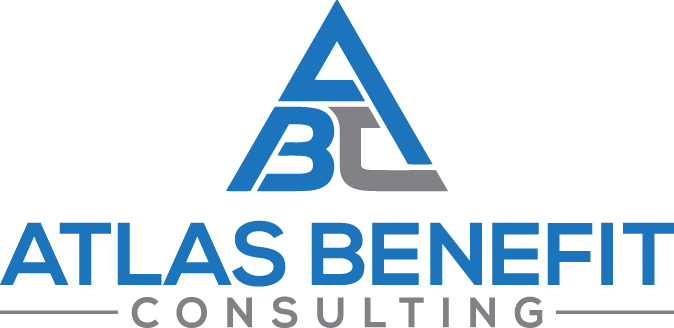There are millions of veterans with mental health ratings in our country. In 2020, there were over 1.7 million veterans who were rated just for PTSD. A lot of confusion and misinformation is out there regarding veterans who suffer from and are rated for mental health conditions. Some of this misinformation may even prevent veterans from fully disclosing the severity of their symptoms to a medical professional in fear that their rights may be affected. This misinformation and the fears that come with it can of course prevent the veteran from getting the treatment and help they need. Let’s talk about some of the myths associated with veteran mental health ratings.
Myth #1 You cannot own a gun if you have a mental health rating
What prohibits a veteran from owning a gun is if they have been deemed a risk to themselves or others, or are mentally incompetent. A rating for a mental health condition does not automatically put a veteran in either of those categories. PTSD and mental incompetence are different. State laws differ regarding both gun ownership AND mental incompetence, so it’s important to understand the laws of your state of residence.
What does mentally incompetent really mean?
- In most cases, a veteran is considered mentally incompetent if they were involuntarily committed to a mental health facility. If law enforcement or a court required the veteran to be committed to a facility, most states will conclude the individual as mentally incompetent and prevent them from owning guns from that point on.
- Mental incompetence is defined by the VA here as a person who because of injury or disease lacks the mental capacity to contract or to manage his or her own affairs. (38 CFR § 3.353)
The truth is, the majority of veterans struggling with PTSD or mental health issues are deemed competent and can own firearms.
Myth #2 You are responsible for telling your employer that you have a mental health condition
The Americans with Disabilities Act (ADA) exists to protect those with mental health conditions in a work place environment. Under this act, there is no obligation by an individual to disclose medical history to an employer. Furthermore, if a veteran decides to disclose medical history about a mental health condition, they are still protected under this act. A reason some veterans do share some information is when they need to ask for certain accommodations on the job.
Things to remember with the ADA:
- You are under no obligation to disclose your mental health condition or rating to an employer
- Should you decide to disclose this information, you are still protected under the ADA
- It is lawful for an employer to ask if you are a disabled veteran. It is NOT lawful for the employer to ask specifics about conditions or ratings.
- The protection under the ADA covers all employment details; hiring, training and orientation, termination, promotions, and job details and assignments. The ADA makes it unlawful for an employer to discriminate or treat anyone with a disability or rating unfairly.
- Read more on the ADA for veterans here.
Myth #3 If you have a 100% VA disability rating, you cannot work
Many different factors and reasons contribute to a 100% disability rating, and there are many veterans who are rated at 100% who can, and do, still work.
- A 100% disability rating is different from Total Disability Individual Unemployability (TDIU). The veteran must be unemployable to qualify for TDIU. The VA defines unemployable as unable to secure and follow substantially gainful employment due to service-connected conditions. Furthermore, substantially gainful employment is employment that 1) is not marginal, and 2) earns an annual salary that is above the federal poverty level.
- A 100% disability rating is related to the severity of symptoms and effects from the service-connected conditions.
- 100% disability doesn’t go away if you are employed. As long as your disabilities meet the rating criteria, you can continue to receive the 100% rating AND work.
- At 100% disability, you are entitled to accommodations that are reasonable during the hiring process and while being employed. These include: materials in accessible formats, like large-print, braille, or electronic version, extra time to complete interviews or tests, orientation and training held in accessible locations, modified devices or equipment if needed, physical accommodations to the workspace, permission to do work from home, leave for treatment due to your disability, modified or part-time schedule, a job coach to assist if needed to help you understand or remember tasks, modification of supervisory methods, and assignment to a vacant position if your disability is preventing you from completing your job responsibilities. Read more on the accommodations and how to ask for them here.
Resources for You
Read more about mental health with these blog posts:
Don’t let myths, misunderstandings, or fears prevent you from seeking the help and treatment you need to manage your conditions and live your life to the fullest potential. Know your rights and seek counsel from advocates that understand the laws and will fight in your corner. Our team is here to help you. We understand the complexity surrounding ratings, the law, and the VA, and our job is to streamline and simplify the process, ensuring you are getting your maximum ratings. You have nothing to lose and potentially a lot to gain by clicking the button below!
Click Here for Info on Your Free Consultation

